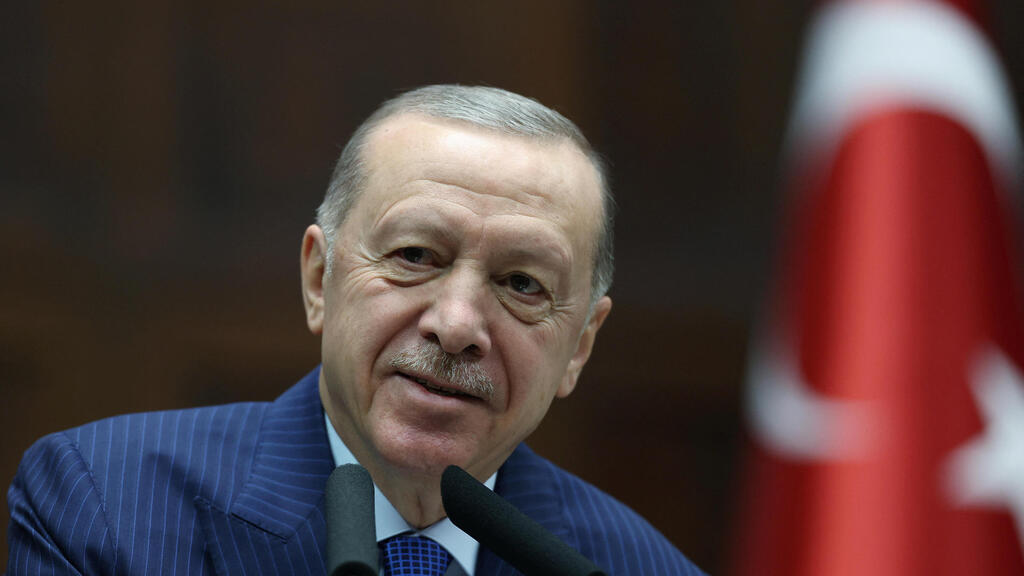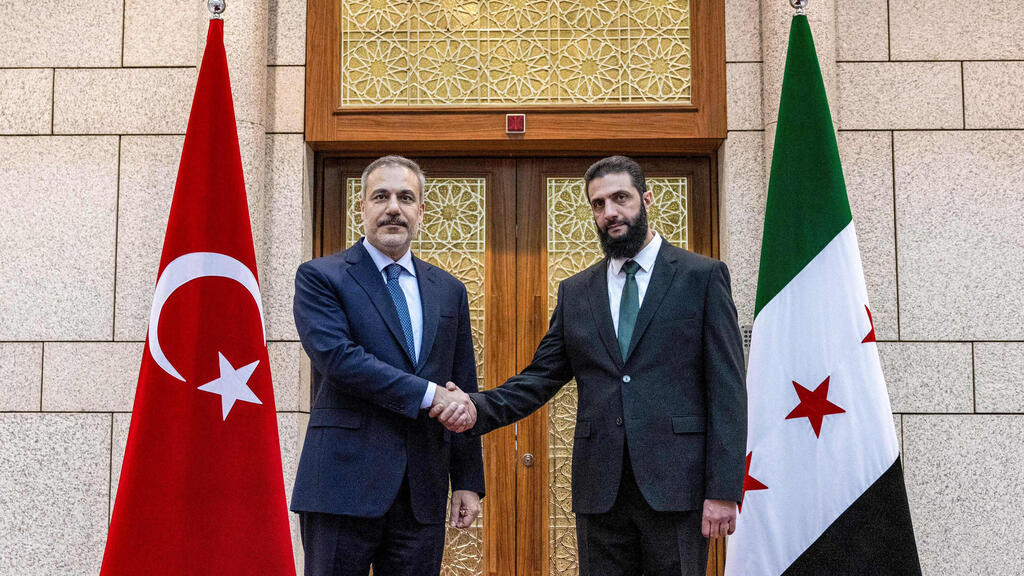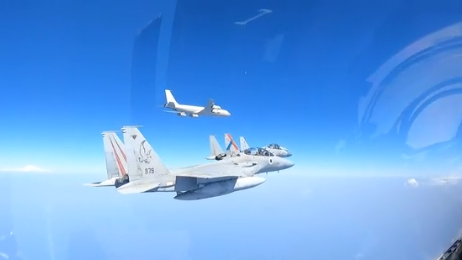Getting your Trinity Audio player ready...
Recent reports indicating that Turkey is nearing a defense pact with the new Syrian regime should raise serious concern in Israel. An alliance between Ankara and Damascus would allow Turkey to maintain military bases in Syria—a scenario that could pose a greater threat to Israel than even Iran has in recent years.
Unlike Iran, Turkey is not considered a pariah state. It maintains close ties with the West and is a member of NATO. As a regional superpower, it wields influence both in Europe and the Middle East.
After actively supporting efforts to oust the Assad regime through forces aligned with Ahmad al-Sharaa—who is beginning to gain international recognition—Turkey now sees an opportunity. With Iranian and Russian influence in Syria significantly diminished, Ankara can assert its strategic interests and claim a larger role in shaping the region.
A closer examination of Turkish domestic politics highlights the prominent role of Foreign Minister Hakan Fidan, widely viewed as the architect of Turkey’s geopolitical ambitions. His agenda includes increased Turkish involvement in Libya, the development of a network of military bases in Syria, a growing naval presence in the Mediterranean, and a balancing act between relations with Russia and NATO.
The Turkish military is the second largest within the NATO alliance and holds a strategic position between Russia and the Middle East. Turkey’s defense industry exports now exceed $7 billion—quadrupling over the past decade—with 70% produced domestically. This includes drone manufacturing, where Turkey ranks as the world’s fourth-largest producer.
Get the Ynetnews app on your smartphone: Google Play: https://bit.ly/4eJ37pE | Apple App Store: https://bit.ly/3ZL7iNv
Beyond military strength, Turkey holds significant non-military leverage. It controls key natural gas pipelines that supply Europe, making it central to the continent’s energy security. Additionally, with over 3.5 million Syrian refugees residing within its borders, Ankara holds considerable sway over European migration policy.
 Jonathan Adiri
Jonathan AdiriIt is critical for Israel to adopt a proactive policy aimed at preventing a future military conflict with Turkey by forging strategic alliances in the region. One such alliance could include moderate Sunni Arab nations—Egypt, the United Arab Emirates and Saudi Arabia—under the sponsorship of the United States.
Another important alliance, already in motion, involves Greece and Cyprus. Israel has been cooperating with both countries in military, energy and diplomatic domains. This partnership not only defines clear boundaries that Turkey must respect, but also demonstrates the strategic advantages Israel brings to its allies.
Prime Minister Benjamin Netanyahu has convened security officials to assess the threat along Israel’s northeastern border and to examine Ankara’s potential role. This moment serves as a critical test of Israel’s ability to respond swiftly—not just militarily, but diplomatically—by identifying shared interests with Turkey and leveraging regional partnerships to avoid a direct confrontation.
- Jonathan Adiri is an Israeli digital healthcare entrepreneur and a former IDF liaison to the Red Cross




